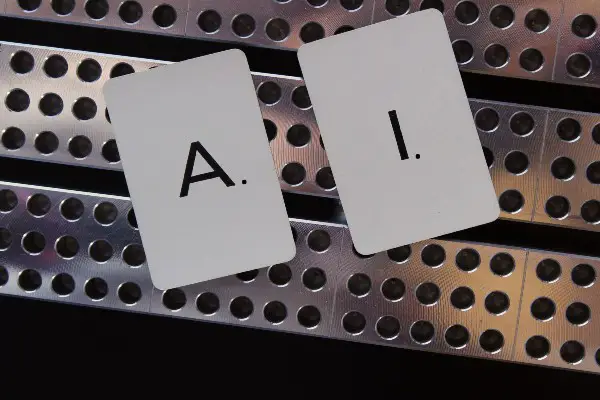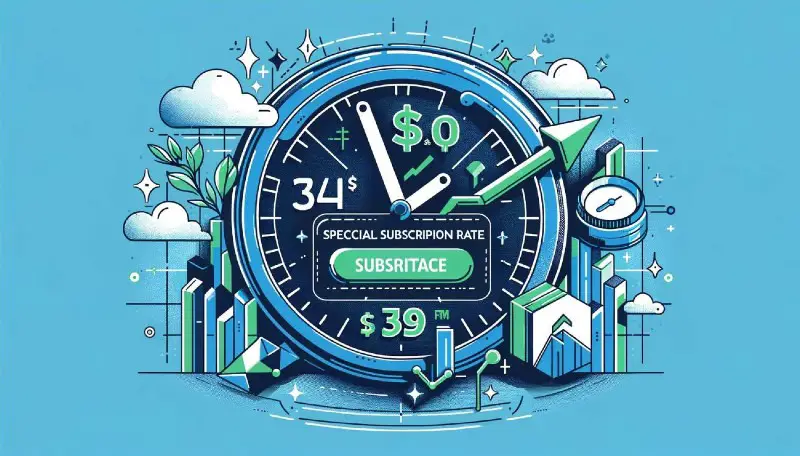AI News: In the ever-evolving landscape of music and technology, a groundbreaking concept has emerged, reshaping how we perceive the integration of artificial intelligence (AI) in the music industry. This concept, spearheaded by the visionary Ghostwriter, introduces a comprehensive framework allowing artists and labels to meticulously define voice licensing terms for AI endeavors. This strategy addresses crucial aspects such as fair payment splits, stringent usage restrictions against political or hate speech, and enhanced control over the final output.
The Pioneering Approach of Ghostwriter
Ghostwriter’s proposal, while promising and innovative, raises a pivotal question: Are established labels ready to cede some control to embrace this revolutionary model? The case of Grimes, an artist who quickly adopted a similar approach due to her independent label’s ownership, highlights the significant role of control in implementing Ghostwriter’s model.
Ghostwriters New AI-Augmented Singles
In April of last year, Ghostwriter unveiled a new single, “Heart on my Sleeve,” through online platforms. The track, a collaborative effort by Ghostwriter and his adept team, featured an innovative twist as it incorporated the remarkably realistic voices of renowned artists Drake and The Weeknd. This integration was made possible through the utilization of a specialized AI filter, meticulously trained for this purpose.
Building upon the success of this initial venture, Ghostwriter subsequently launched yet another AI-augmented musical composition, this time incorporating the distinctive voices of Travis Scott and 21 Savage. This string of achievements further propelled Ghostwriter’s prominence within the music industry.
Amid his rise to prominence, Ghostwriter actively pursued a Grammy campaign, showcasing his growing influence and creative prowess. Notably, he graced the cover of Billboard magazine, sporting an enigmatic ensemble of a white bedsheet and sunglasses, capturing attention and fueling intrigue within the media circuit.
In addition to his musical feats, Ghostwriter has emerged as a significant voice countering the prevailing AI-related apprehensions emanating from the tech communities of Silicon Valley and the glamour of Hollywood. His perspectives offer a reasonable and grounded counterpoint to the ongoing discussions surrounding the role of AI in the realm of creativity and expression.
AI-Augmented Singles: A New Era in Music
In April of last year, Ghostwriter unveiled “Heart on my Sleeve,” an AI-augmented single featuring realistic voices of Drake and The Weeknd, created using a specialized AI filter. This success was followed by another composition incorporating the voices of Travis Scott and 21 Savage, further cementing Ghostwriter’s status in the industry.
Ghostwriter’s Grammy Campaign and Influence
Ghostwriter’s rise to prominence is marked by his Grammy campaign and the cover feature on Billboard magazine. His unique perspective counters AI-related apprehensions, offering a grounded viewpoint on AI’s role in creativity and expression.
Ghostwriter’s Views on the Music Industry’s AI Stance
Ghostwriter, during a recent discussion, shared his insights on the industry’s attitude towards AI in music. He emphasized the need to embrace technological advancements, drawing lessons from the Napster era.
The Early Days of Hip-Hop and AI News
Ghostwriter drew parallels between AI in music and the initial challenges faced by hip-hop artists like De La Soul, who were accused of theft for using unauthorized samples. He advocates for a centralized system for AI voice licensing, allowing artists to set their own terms.
The Proposed Framework for AI News
This framework, aligning with Grimes’ approach, suggests a trend towards structured agreements for AI integration in creative processes.
Expanded Topics
The Role of AI in Reinventing Music Production
AI’s role in music production has been transformative, offering tools and technologies that push the boundaries of creativity. From algorithm-driven composition to AI-assisted mixing and mastering, the possibilities are endless. AI algorithms can analyze vast amounts of music to identify patterns and styles, enabling the creation of unique compositions. This technology not only assists established musicians but also opens doors for aspiring artists who may lack traditional training.
Ethical Considerations in AI Music
The ethical implications of AI in music are significant. Issues like the authenticity of AI-generated music and the potential replacement of human musicians are hotly debated. The key lies in finding a balance where AI serves as a tool for enhancement rather than replacement. Ensuring fair compensation and recognition for creators whose work is used to train AI systems is also crucial.
Future Trends: AI’s Growing Influence in the Music Industry
The future of AI in music holds exciting prospects. We can expect more personalized and immersive music experiences, with AI tailoring music to individual tastes and moods. The integration of AI in live performances, offering dynamic and interactive shows, is another area of potential growth. Moreover, AI’s role in music education, offering personalized learning experiences, will revolutionize how music is taught and learned.

Generative AI chatGPT helps me produce my Tax Return
82 / 100 Introduction In today’s rapidly evolving technological landscape, the rise of artificial intelligence (AI) has sparked much debate about its potential impact on






